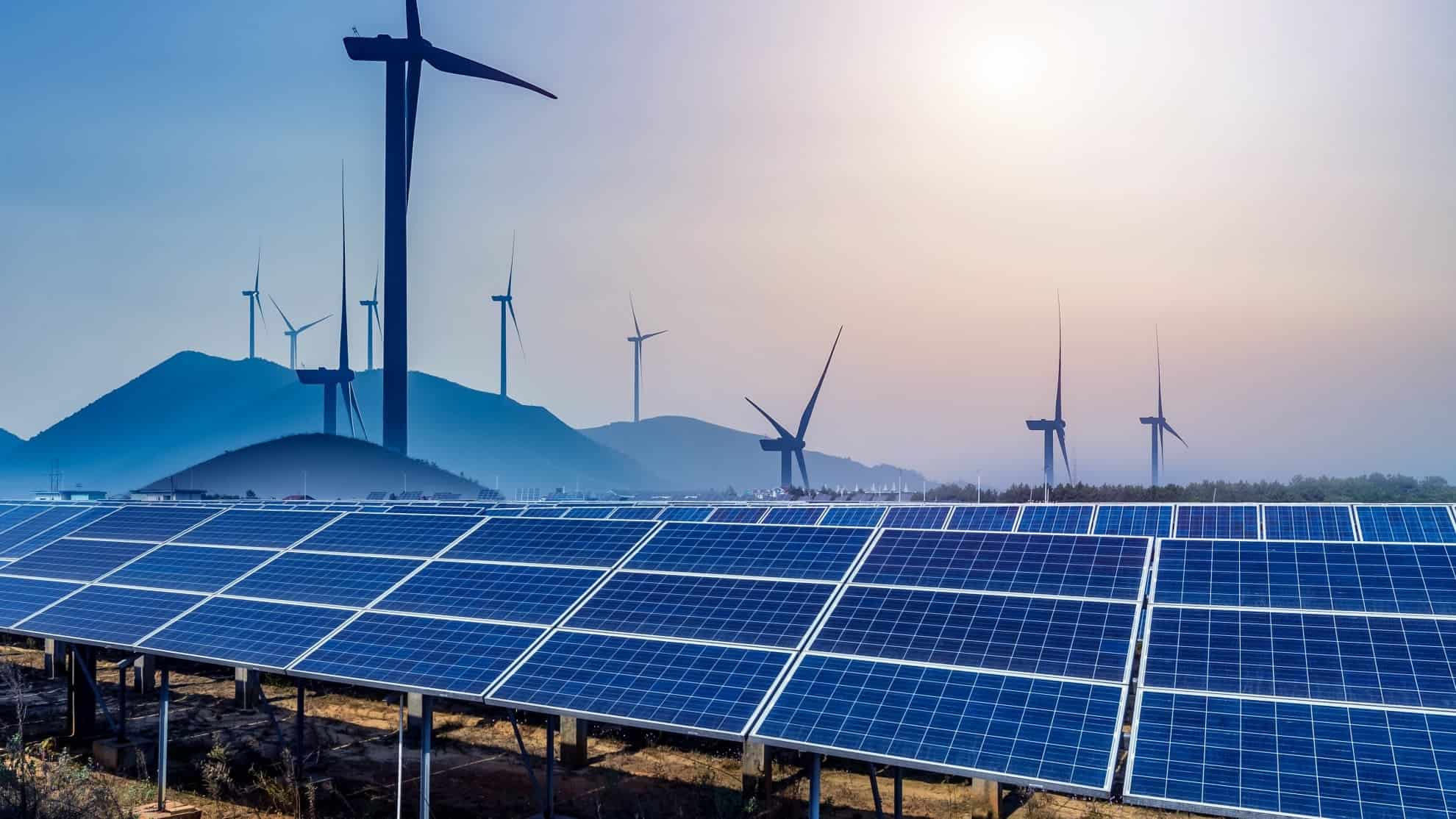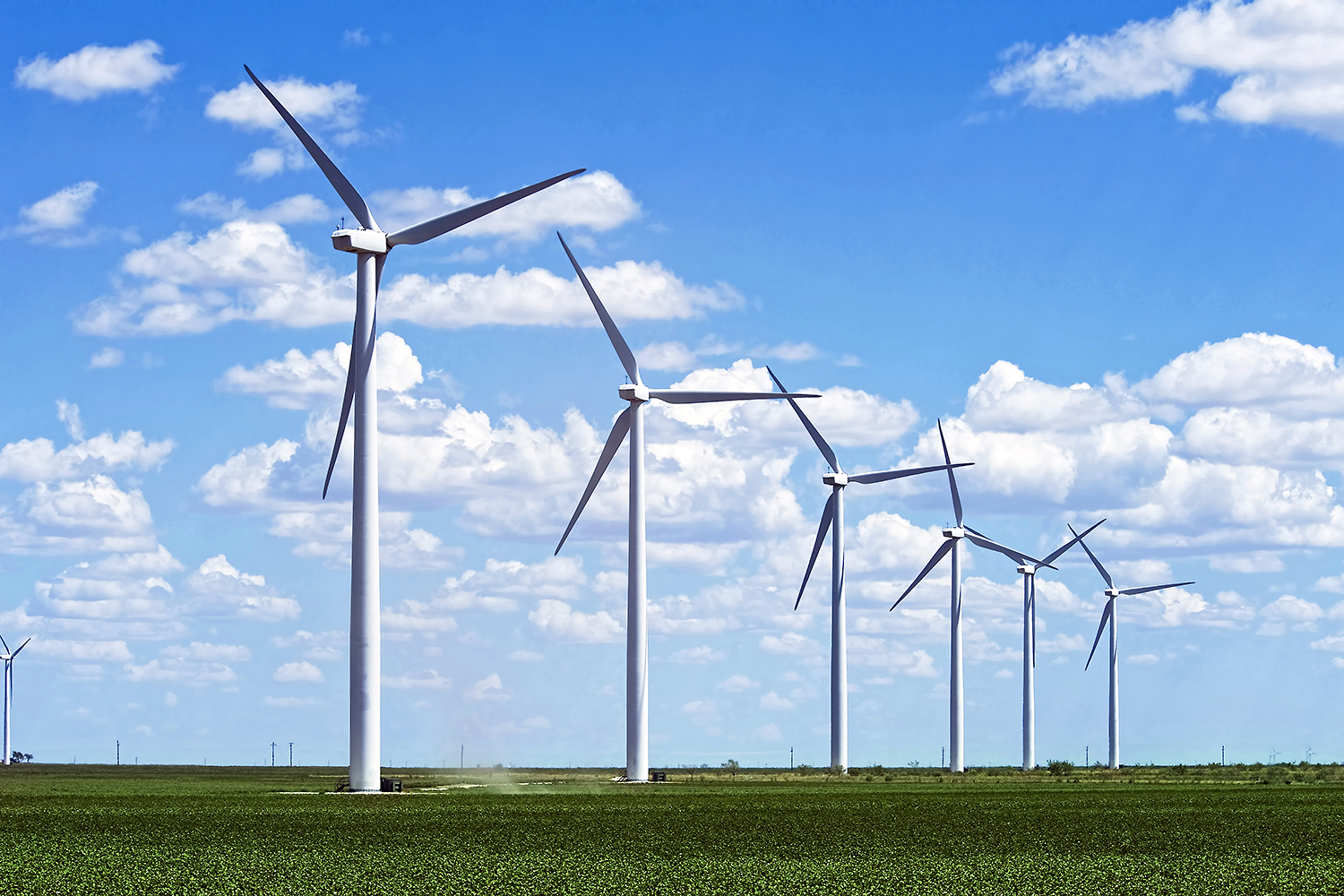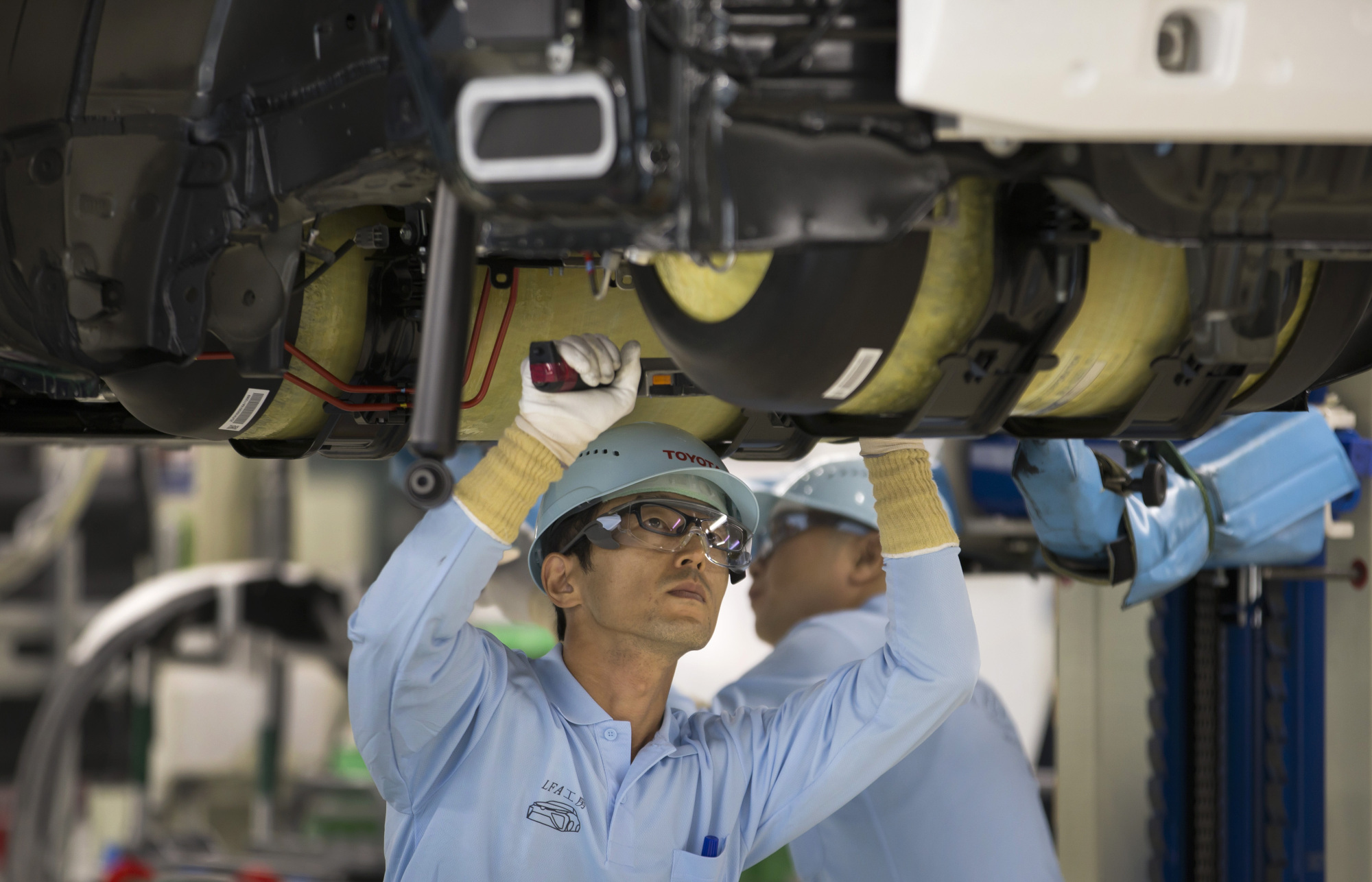Brazil accounts for almost 7% of the planet’s renewable energy production – outpacing its 3% share of the global population and 2% share of global GDP – and has long been a leader in biofuels and hydropower technologies. The country is now seeking to expand its energy innovation into new technological areas: its recent National Hydrogen programme and Fuel of the Future programme both place research and development (R&D) among their core pillars.
Helping governments spur R&D in cost-effective and practical clean energy technologies lies at the heart of the IEA’s mandate. For emerging and developing economies – and many other countries with shorter legacies of energy technology innovation – this requires not only simply increasing R&D spending but often also nurturing more supportive innovation systems. Innovation can help these nations position themselves in global clean energy technology value chains, thereby boosting economic growth and accelerating global efforts towards climate goals. The experiences of emerging and developing economies can also inform energy, innovation and climate policy worldwide.
The stakes go way beyond Brazil. To move the world on to a pathway of limiting temperature rises to 1.5 °C, about 55% of global clean energy investment needs to be in emerging and developing economies. Yet, over 90% of patents for low-emissions energy come from Europe, Japan, the United States, Korea and China. While certainly crucial, much of this innovation is not always targeted towards the specific social, economic and climatic contexts of emerging and developing economies.
Brazil became an Association country at the IEA in 2017. Cooperation on innovation intensified in 2018 when the country’s Energy Research Office (EPE) and its parent institution, the Ministry of Mines and Energy, were thinking about how to better link their energy and innovation policies, and sought out the IEA’s international benchmarks and analysis on allocation of funding and types of support for clean energy innovation.
These discussions contributed to the launch of the Energy Big Push project in 2019, a partnership on clean energy innovation supported by the German government and the United Nations. It grouped key government actors and stakeholders – including EPE and the Centre for Strategic Studies and Management, a public Brazilian think tank – in the first structured effort to improve data and establish a basis for energy innovation policy making in Brazil. From the outset, the IEA contributed methodological inputs, webinars and technical reviews as a project partner. The final summary and recommendations were published in 2020 and included an endorsement of the IEA’s framework for tracking energy innovation spending and policies.
Today, Brazil boasts inova-e, one of the most impressive online platforms for energy R&D spending and other innovation data, providing essential input for defining the country’s energy innovation strategy and priorities. By sharing this data with the IEA in a format compatible with that of other countries, Brazil has become the first non-full-member country of the IEA to be included in Energy Technology RD&D Budgets, a free database updated twice a year that covers research, development and demonstration (RD&D) projects. The platform allows Brazil to share its experience and advice with Mission Innovation, an intergovernmental initiative to accelerate clean energy innovation.
In 2021, Brazil initiated a workshop with Chile on Enhancing public RD&D data collection: The experience of Latin American countries. With a view to adding more metrics to the database, EPE requested IEA analysis that led to the report Tracking energy innovation in the business sector. The data available on the platform were essential for the discussions that culminated in the publication of a Brazilian National Council for Energy Policy resolution to prioritise RD&D-regulated investments in Brazil. This resolution now guides the National Electric Energy Agency and the National Petroleum, Natural Gas and Biofuels Agency to allocate innovation resources to hydrogen, nuclear, biofuels, energy storage, sustainable thermoelectric generation, digital transformation and strategic minerals.
With the aim of integrating clean energy innovation into energy policy, the Ministry of Mines and Energy and the Ministry of Science, Technology and Innovation have designed new institutional structures, including a multi-stakeholder governance process, and secured funding from the European Commission and UK government for inova-e and a second phase of the Energy Big Push project to explore issues beyond R&D.
In parallel, the National Electric Energy Agency is working to revise its implementing procedures under a federal law that places R&D requirements on Brazilian electricity utilities. The aim is to broaden the scope, potentially by including the option of incentivising venture capital investments in start-ups. The IEA has provided input to this process, including via an international workshop on evaluating the impacts of energy innovation policies. The final details are expected to be published in Brazil’s four-year Strategic Innovation Plan in 2023. The National Petroleum, Natural Gas and Biofuels Agency, meanwhile, established a fast-track process for oil and gas companies to prioritise R&D for clean energy technologies.
As more countries pledge to dramatically reduce greenhouse gas emissions in the coming decades, the IEA continues to work with countries to learn what they can most effectively glean from each other’s experiences, how innovation policies and data can be reviewed and consistently presented, and how innovators around the world can be directed to the huge market opportunities found in clean energy transitions in emerging and developing economies. The speed of energy transitions will be determined by the effectiveness of international cooperation on clean energy technologies, and Brazil is set to play an active role in responding to these issues.
Source: iea.org




